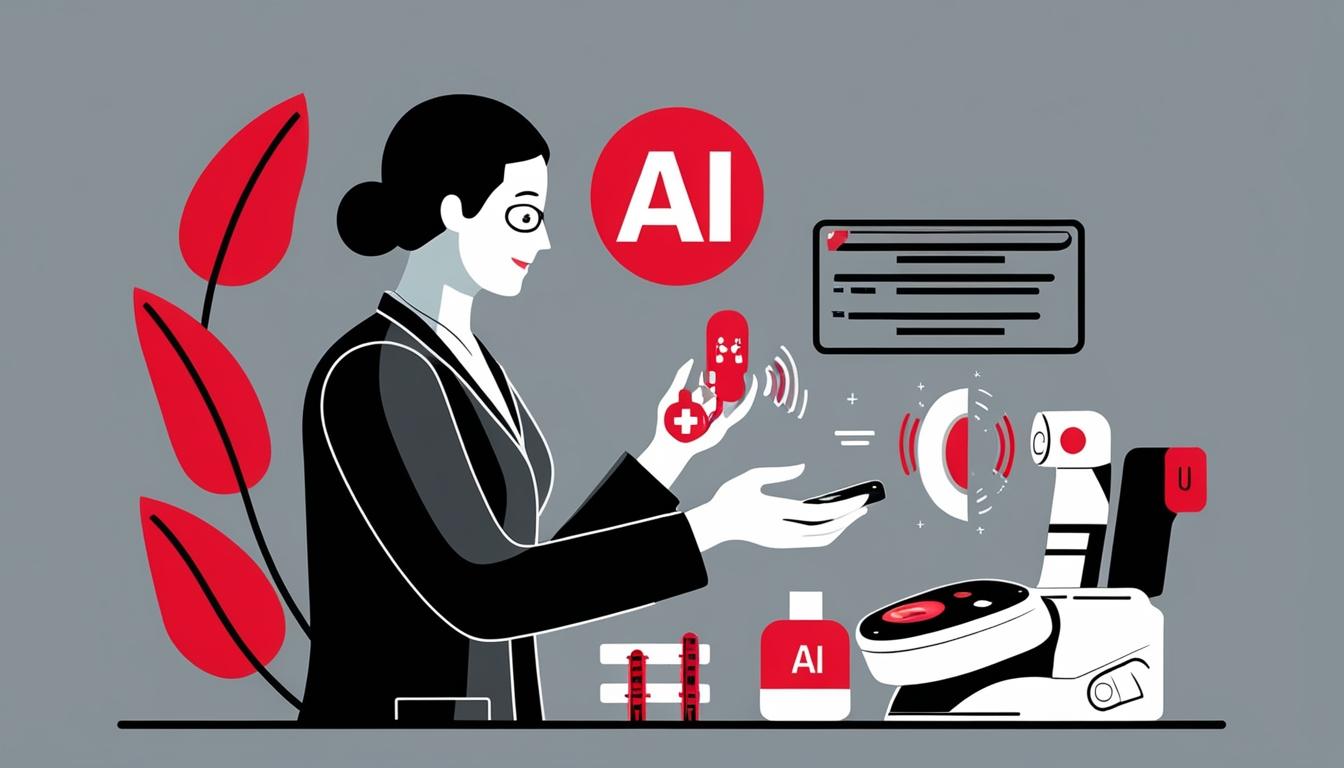The healthcare sector in the Asia Pacific region is currently undergoing significant transformations, with numerous challenges that necessitate innovative solutions to ensure sustainable health outcomes. Peter Liddell, the Leader for Healthcare & Life Sciences at KPMG Services Pte. Ltd., recently provided insights into the evolving landscape of healthcare during his role as a judge at the upcoming Healthcare Asia Awards 2024.
With over 35 years of experience, Liddell has been instrumental in aiding global and domestic clients across sectors such as healthcare services, pharmaceuticals, and MedTech. He leads KPMG's Global Operations Centre of Excellence and Sustainable Supply Chain Solution initiatives, focusing on optimising operational performance and cutting costs through large-scale transformation programmes.
During the interview, Liddell delineated the pressing challenges facing the healthcare industry in the Asia Pacific. He noted that while there is optimism among many CEOs regarding growth in the life sciences sector, they are concurrently contending with critical issues such as cybersecurity threats, supply chain disruptions, inflation, and workforce shortages, the latter being identified as the foremost concern. "We see almost half of global life sciences CEOs ready to increase investment to develop workforce skills and capabilities," he remarked.
The sector is grappling with numerous crises on a global scale, including ageing populations grappling with chronic diseases, persistent workforce deficits, and the ramifications of climate change. These factors can severely impact the affordability, accessibility, and quality of healthcare services, underlining the urgent need for transformation.
Liddell stressed the necessity for healthcare systems to rethink their operational frameworks in the face of these unprecedented challenges, stating, “Healthcare leaders should be seeking transformational and innovative approaches to sector problems as traditional interventions are no longer effective given the magnitude of the sector’s unprecedented challenges.”
To navigate the complex demands of the healthcare market in the Asia Pacific, he underscored the importance of fostering resilience through the adoption of emerging technologies, particularly AI, automation, and the Internet of Things (IoT). These innovations can enhance productivity and the patient experience while reimagining healthcare delivery models such as hospital-at-home and community care.
As the healthcare sector also faces escalating costs linked to climate-related issues, Liddell outlined the need for organisations to integrate Environmental, Social, and Governance (ESG) practices into their frameworks. He noted that healthcare organisations must evaluate ESG-related risks, establish decarbonisation goals, and promote organisational readiness through comprehensive training and improvements in systems. “There are many strategies available to contribute towards lower carbon emissions, but investing in the right ones will take research and proper vetting,” he stated.
AI, digital health, and telemedicine are projected to play transformative roles in reshaping healthcare delivery. Liddell highlighted that AI can manage routine tasks, thus freeing healthcare professionals to focus more on patient care. “We see AI and telemedicine reshaping care models also,” he added. Innovations in digital health facilitate remote monitoring of patients, especially in models like hospital-at-home and virtual wards.
Looking ahead, Liddell predicts that "Agentic AI will be a top trend come 2025" as it will help healthcare organisations alleviate administrative burdens, innovate workflows, and ultimately enhance productivity across the healthcare value chain. Furthermore, data is expected to become an invaluable resource, fostering collaboration and innovation among patients, providers, and payers.
Liddell also emphasised the critical need for improved coordination between primary care and hospitals, advocating for moving integration upstream to address social determinants of health to tackle inequities effectively. He believes that a robust primary care infrastructure, supported by advanced technologies, will enable a shift towards preventive care, while hospitals will increasingly focus on emergency services and complex procedures, leveraging technology and remote monitoring capabilities.
In his capacity as a judge for the Healthcare Asia Awards 2025, Liddell accentuated the importance of evaluating nominees based on their contributions to medical innovation, quality of care, patient outcomes, and equitable healthcare. His insights reveal a commitment to recognising entities that not only address immediate healthcare challenges but also propel the industry forward through visionary solutions.
Source: Noah Wire Services
